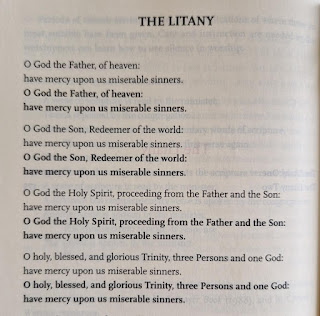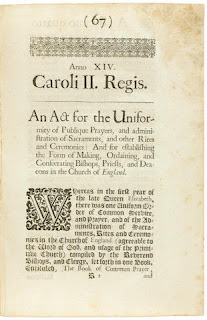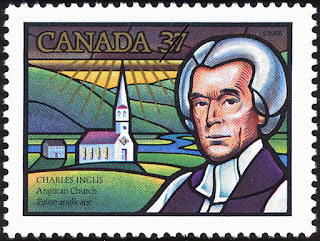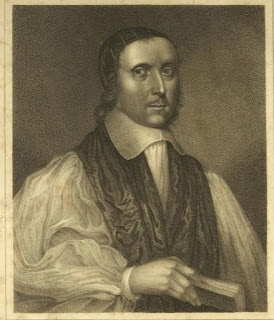'Nothing but what is practicable by all': Le Mesurier's Bampton Lectures on excessive asceticism
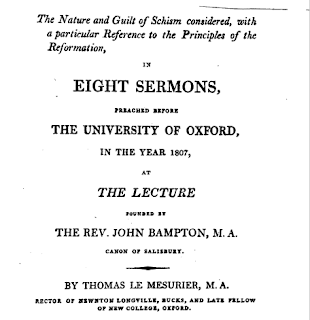
In the fourth of his 1807 Bampton Lectures, On the Nature and Guilt of Schism , Le Mesurier considers those early Christian heresies which promoted an excessive asceticism, contrasting this with the Commandments "enjoin[ing] nothing but what is practicable by all". This reflected a consistent Old High understanding of a moral vision and ethical teaching which was grounded in ordinary duties, responsibilities, and obligations, lived out by spouses, neighbours, friends, and citizens, rather than in sectarian withdrawal. Le Mesurier also repeated the wise Old High concern at the the destructive pastoral consequences of excessive asceticism. Inevitably this damages the living out of the Christian moral vision in ordinary life, obscuring (at best) the call to walk in the way of the Commandments. In other words, it is precisely the conventional, boring, unglamorous nature of the Old High moral vision, deeply sceptical of heroic, 'Weird' acts of asceticism, which ensures a...

